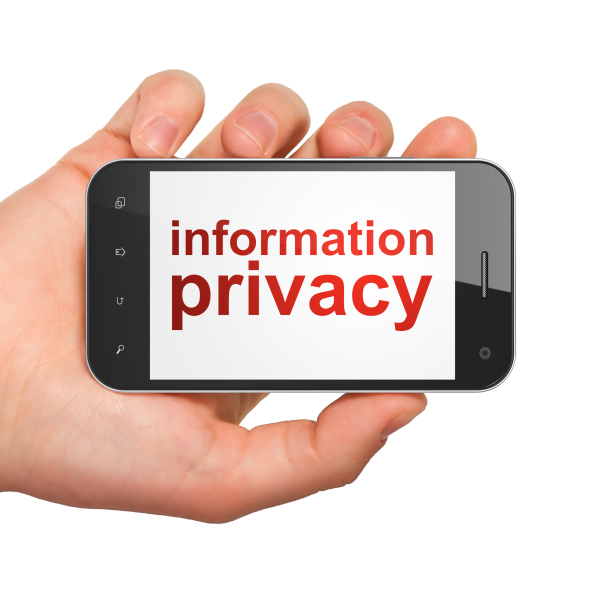 Resources like this web site are great. You’re able to learn firsthand about various conditions, health breakthroughs, treatments, and ways to live a healthier life. We provide the tools to let you take action to control your health in your daily life.
Resources like this web site are great. You’re able to learn firsthand about various conditions, health breakthroughs, treatments, and ways to live a healthier life. We provide the tools to let you take action to control your health in your daily life.
But when we write articles, we do so in a general way. We talk about studies, specific cases and treatments, and personal advice that should work for the majority of readers. However, everybody is different and not everybody responds the same way to any one treatment. There are genetic and conditional factors that differentiate an individual’s response, which is why no treatment works 100% of the time. And that is why it’s important to maintain a good relationship with your family doctor.
Your family doctor is aware of your genetic history and all the health conditions that are specific to you, meaning they can come up with more specialized treatments when others don’t seem to be working.
But that brings up the topic of the disclosure of personal information for better health care and privacy.
When it comes to what you should disclose to a doctor, I think you should be as forthright as possible. Everything they know about your lifestyle, health history, and complementary treatments helps them to come up with the best treatment plan possible. But I’ll be honest; I read something yesterday that makes me uneasy when it comes to the welfare of a patient and their privacy.
There’s a psychiatrist at the University of Michigan Medical Center who’s working on a smartphone app to help treat people with bipolar disorder. Bipolar disorder is a psychological condition that causes people to move between periods of major depression and mania that impairs judgment and causes spurts of uncontrollable energy.
Doctors can tell when bipolar patients are experiencing manic or depressive episodes because their speech patterns change. When they’re becoming depressed, bipolar people begin to speak slower and include longer pauses between words, thoughts, and sentences. At the other end of the spectrum, when they become manic, speech is more rapid and they jump to and from various topics.
This smartphone app records a patient’s conversations to take note of these speech patterns. Once a day, the recordings are sent to a computer system at the doctor’s office that analyzes speech patterns. The analysis is then used to identify speech tendencies to predict oncoming depressive or manic episodes.
Bipolar disorder can be treated with medication, but relapses are still possible. This technology focuses more on identifying and preventing episodes. So far, in trials, results have been good.
Now, while I agree that this is potentially a great medical advancement for those suffering from bipolar disorder, you need to consider whether or not you want your doctor to be a part of every conversation. I’m sure the doctors have their patients’ best interests at heart, but this app also comes off as an invasion of privacy. The doctors are ultimately there, taking information that’s not necessarily being volunteered by the patient. What if they’re having a sensitive conversation and they forget to turn the app off?
I’m all for giving the doctor what they need to do their job, but it also has to be a conscious decision that you make to volunteer information. When it comes to technology and health care, you need to be more aware of the information that’s getting out there and take control. I’d advise you use healthcare apps with extra caution.
Source for Today’s Article:
Palca, J., “Phone App Might Predict Manic Episodes In Bipolar Disorder,” National Public Radio web site, May 31, 2014; http://www.npr.org/blogs/health/2014/05/30/317398820/phone-app-might-predict-manic-episodes-in-bipolar-disorder?sc=ipad&f=1001.
